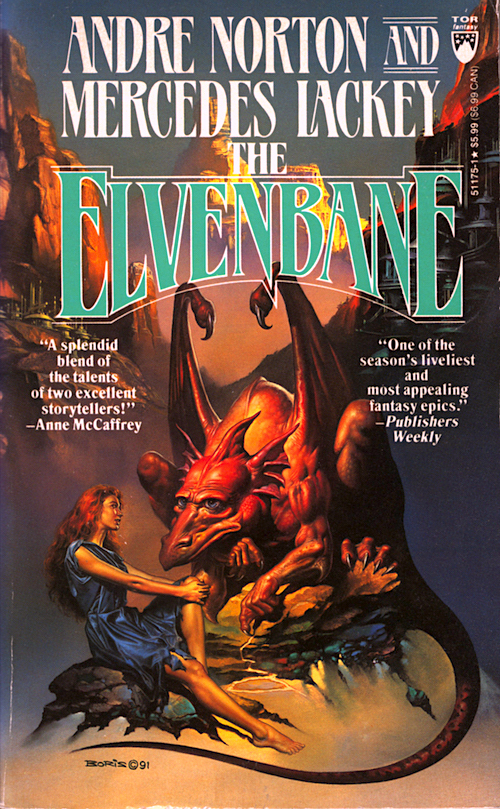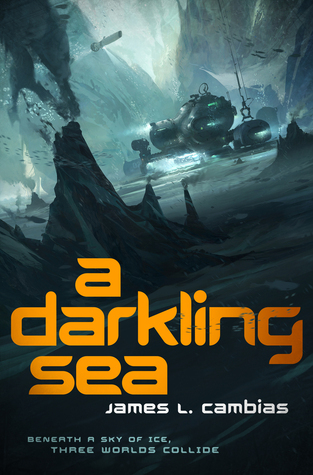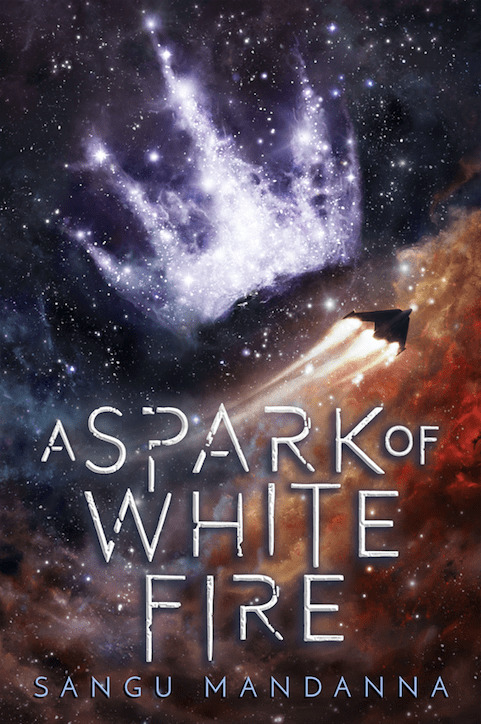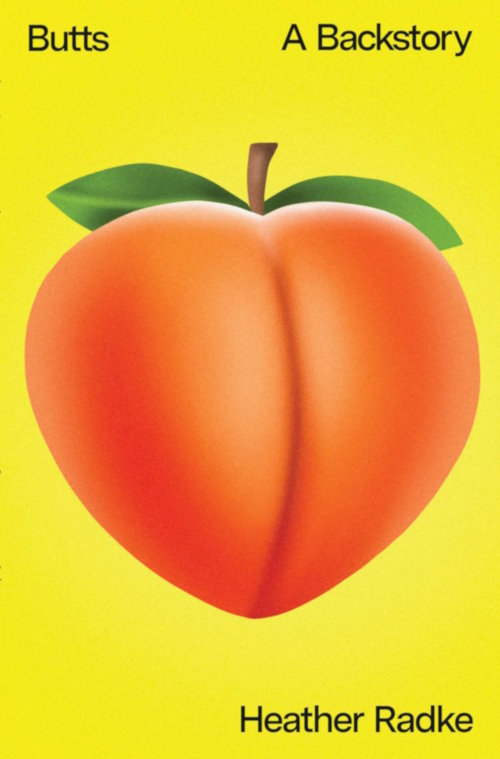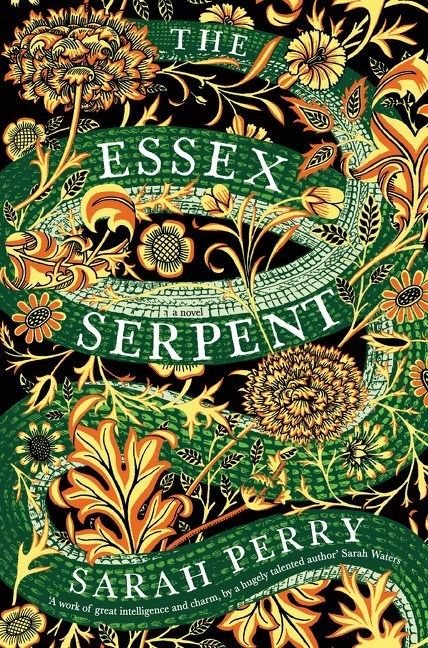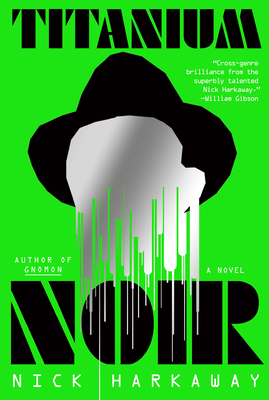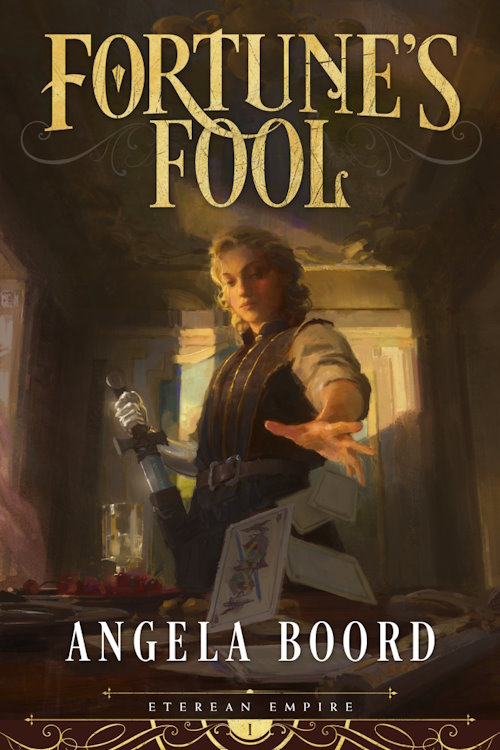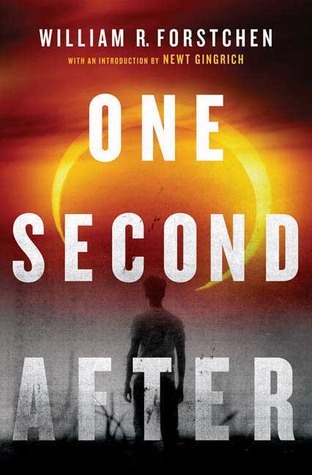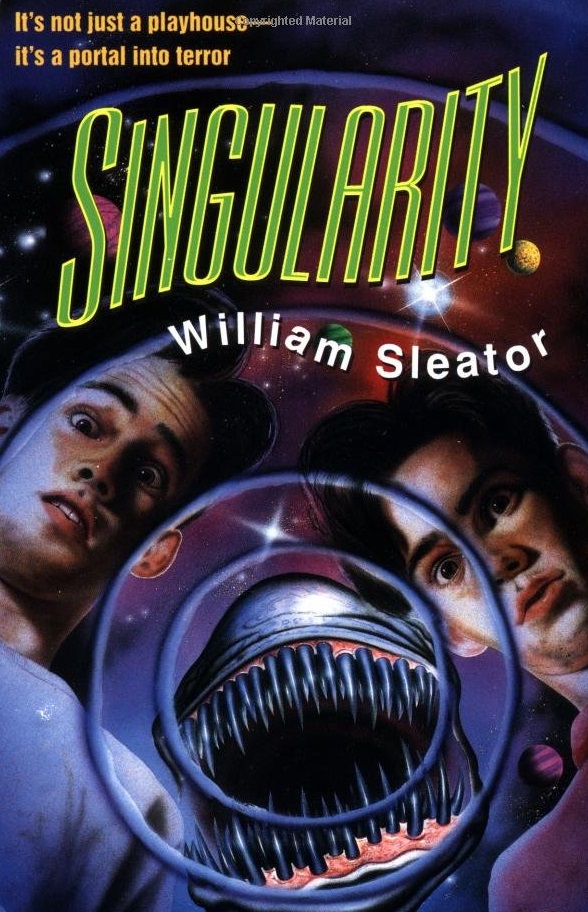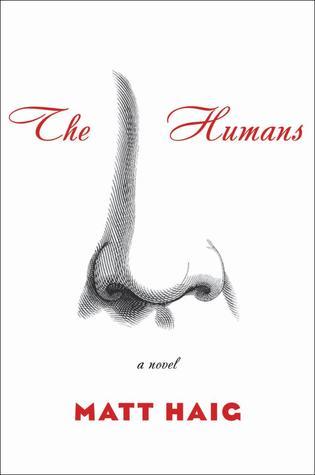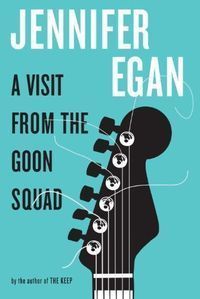Eden, by Tim Lebbon

Eden is a stupid book. I won't discuss the writing acumen of Tim Lebbon, because it is irrelevant to this. The story is dumb, the characters are stupid, the pretext of an eco thriller is weak as water. There is almost nothing redeemable about this.
Let me summarize this for you: dumb liberal hippies go into an area they shouldn't have gone, completely unequipped for what they planned to do, illegally, but completely convinced they had all the right to do it, and die. Or at least I think they do, because there is no way they survive after what happens 50% of the book, unless a Deus ex Machina is employed. Wait, what? They employed one? Ugh!
None of the characters is more than cardboard, but even so it's annoying cardboard! Entitled, emo, incompetent cardboard. There is even a former Israeli soldier who left because he saw a Palestinian parent and his children being gunned down by snipers in his army. And it makes sense, it's horrible, but even so I couldn't empathize and saw him as ridiculous because of all the people he was in the group with.
Now, there are supernatural or body horror elements in the book, but they are like someone took them from somewhere else and slapped them over this ridiculous story of bleeding heart idiots going into a forbidden zone for no conceivably good reason. The world is a mess, people have polluted it and fouled it close to extinction, but do you know where I know this from? Exposition at the start of the book. There are "evil" guardians of the zones created to preserve biological diversity who kill randomly people who go there. Even without the supernatural element, that would still be quite OK, think of African reservations and poachers. But no, our American friends believe that anyone doing harm to nature is bad, except them. And do you know where I know this? From fictional excerpts of random sources from the beginning of each chapter.
I could go on and on. As a basis for a number of scathing reviews, this book is perfect. Right now I am making efforts to limit the scope of mine. What would be the point of writing pages and pages of vitriolic hate about something that is the exact opposite of literature? So I stop here. This is a book written by a person inside a bubble which itself is in a bubble, hidden in an enigma of how someone could write then publish this and not realize how bad it is.
